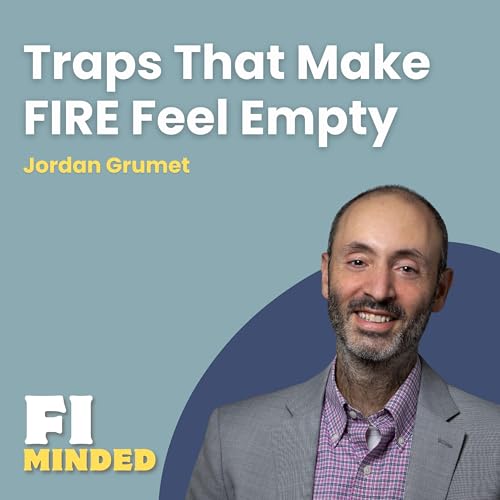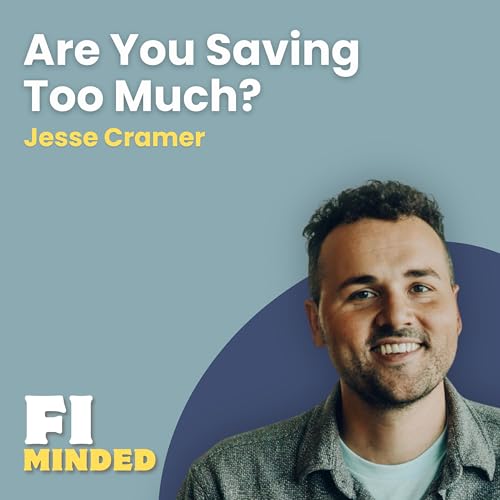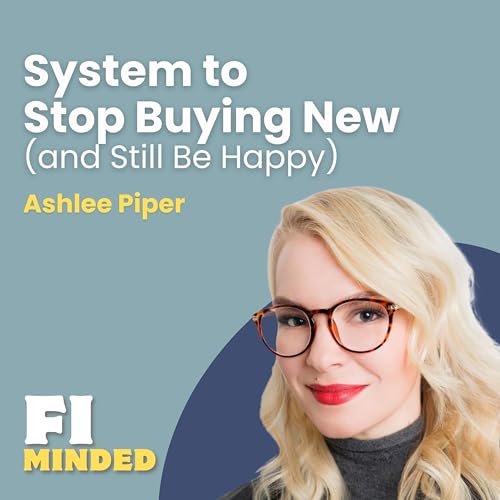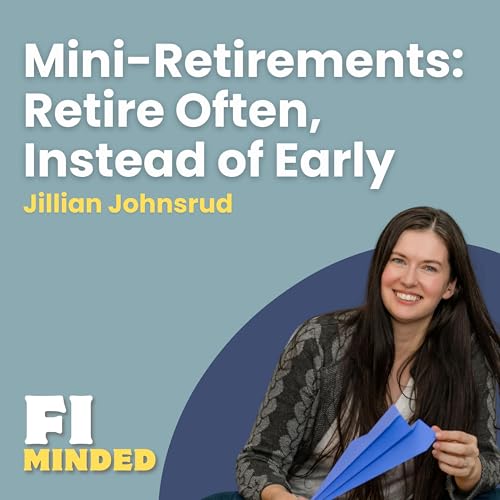It might have been monsters under the bed, shadows in the corner, or creepy dementors from Harry Potter. We all had irrational fears growing up.
Mine was creepy dolls. After watching a movie called Teacher’s Pet, I became so terrified of dolls that my dad had my sister box up hers and store them in the basement.
I’ll be honest, I’m still not a huge fan of dolls, but I’ve mostly outgrown that fear. Along the way, though, I’ve picked up some new ones like running out of money, being left without health insurance, and probably the biggest of all… taxes.
I’ve been saving and investing with the fear that Uncle Sam will take a huge chunk of my money. That mindset has me padding my investment accounts and inflating my FI number. But after reading Sean Mullaney and Cody Garrett’s book, Tax Planning To and Through Early Retirement, I’m starting to rethink that - and I think you should too.
To help us all navigate this, I invited Sean and Cody to walk us through strategies to optimize taxes before and during early retirement. We’ll cover things like which accounts to deplete first, how to control your taxable income through strategic selling, ways to minimize sequence-of-return risk, and even how you could pay almost nothing in taxes some years without cutting expenses.
If you want practical strategies for optimizing taxes on your path to early retirement, this episode is for you.
I hope you enjoy my conversation with Mr. Measure Twice and the FITaxGuy…Cody Garrett and Sean Mullaney.
Key Takeaways:
- How to fund an early retirement lifestyle tax-free with drawdown strategies.
- Which investment accounts to tap first to optimize your retirement withdrawals
- How to sell specific brokerage lots to precisely manage taxes and cash flow
- A drawdown approach that protects against the sequence of returns risk in retirement
- How to maximize ACA premium tax credits for affordable early retirement healthcare
- When to use Roth and HSA withdrawals for tax-efficient income flexibility
Mentions:
Selling Specific Lots in Fidelity: https://www.youtube.com/watch?v=Cft7dLLP7_U&feature=youtu.be
More of Sean & Cody:
Check out the book “Tax Planning To and Through Early Retirement”:: https://www.measuretwicemoney.com/book
Cody’s website: https://measuretwicefinancial.com/
Sean’s website: https://fitaxguy.com/
More of FI Minded:
Email Justin at Justin@FIMinded.com
Connect with Justin on LinkedIn: https://www.linkedin.com/in/justinleepeters/
The discussion is intended to be for general educational purposes and is not tax, legal, or investment advice for any individual. Justin and the FI Minded podcast do not endorse Sean Mullaney, Mullaney Financial & Tax, Inc. and their services.
 30 分
30 分 27 分
27 分 50 分
50 分 56 分
56 分 58 分
58 分 2025/08/2749 分
2025/08/2749 分 45 分
45 分 47 分
47 分
